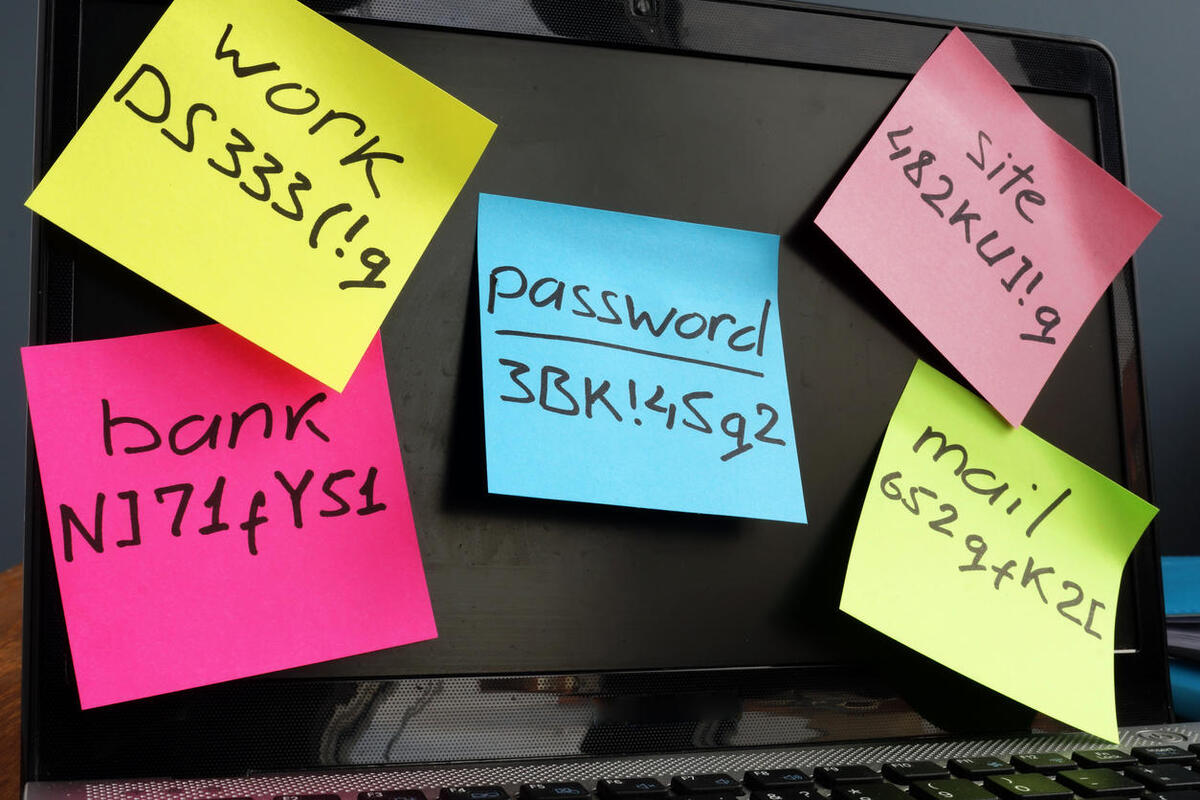Password Manager is an application that stores passwords and other information encrypted. This article will present the best alternatives to Password Manager software.
Password Manager: what is it?
Currently, the problem of generating strong passwords that will be understandable and memorable to the user is especially relevant. Every user, both on the Internet and a regular user of a personal computer needs to protect personal data. One of the simplest methods of authentication is authentication based on knowledge of a secret. The most common cause of such a secret is a password. There are even known approaches where the stability of data protection significantly depends on the successful choice of the password by the user. However, this method can be quite easily broken by the method of choosing a password from special dictionaries or even a rough method of searching for characters` letters. To increase the strength of passwords, the keyword should contain as many different characters as possible, which will make it difficult for attackers to access personal data. At the same time, the ability to memorize randomly generated passwords that can be longer than 10 characters becomes a challenge for users. This may result in the loss of data accessed by this password. Therefore, most people sacrifice the reliability of their data protection. That’s why you need to use a password manager that will allow you to create the strongest possible password for the keyword you choose, which will be easy for the user to remember.
Top 5 best password managers
There are the following best-known free password manager options:
- Password Commander
The service not only allows you to store and manage passwords and logins but also has a built-in random password generator so that if necessary, you do not have to invent them yourself. In addition, Password Commander has a very handy feature to auto-fill web forms in the browser and various text fields. Password Commander has a wide range of options for generating random passwords. You can choose the length, percentage of certain characters in the password, case of letters, add or exclude your own characters, create a list of passwords and save it to disk.
- KeePass Password Safe
The official implementation is only for Windows, but the sources are open under the GPLv2, so there are a huge number of implementations, including for Linux and for OS X. The password database is encrypted using symmetric AES-256, and the master password is hashed with SHA-256. There are some plugins and additional tools like utilities for the import/export of passwords from the database, browser plugins that allow you to automatically fill out login forms, and additional backup and synchronization tools.
- 1Password
It is the popular Mac OS X storage solution for passwords, software licenses, and other personal information from AgileBits. There is also a version for Windows, and in addition, a native client for iOS is offered. All versions of 1Password have built-in database syncing via Dropbox. This functionality is optional, the base is stored locally by default.
- Dashlane
It is supported on Windows, Mac, iOS, Android. There is a function of automated password replacement on popular sites and this can be done in a couple of clicks. Also implemented is the import of passwords saved in browsers. One of the most interesting features is the ability to use two-factor authentication via Google Authenticator, which allows you to increase data security.
- APG (Automated Password Generator)
It is a tool for generating random passwords. By default, APG generates passwords that are eight to ten characters long, using both upper and lower case. However, you can use additional keys to comply with any password policy.


